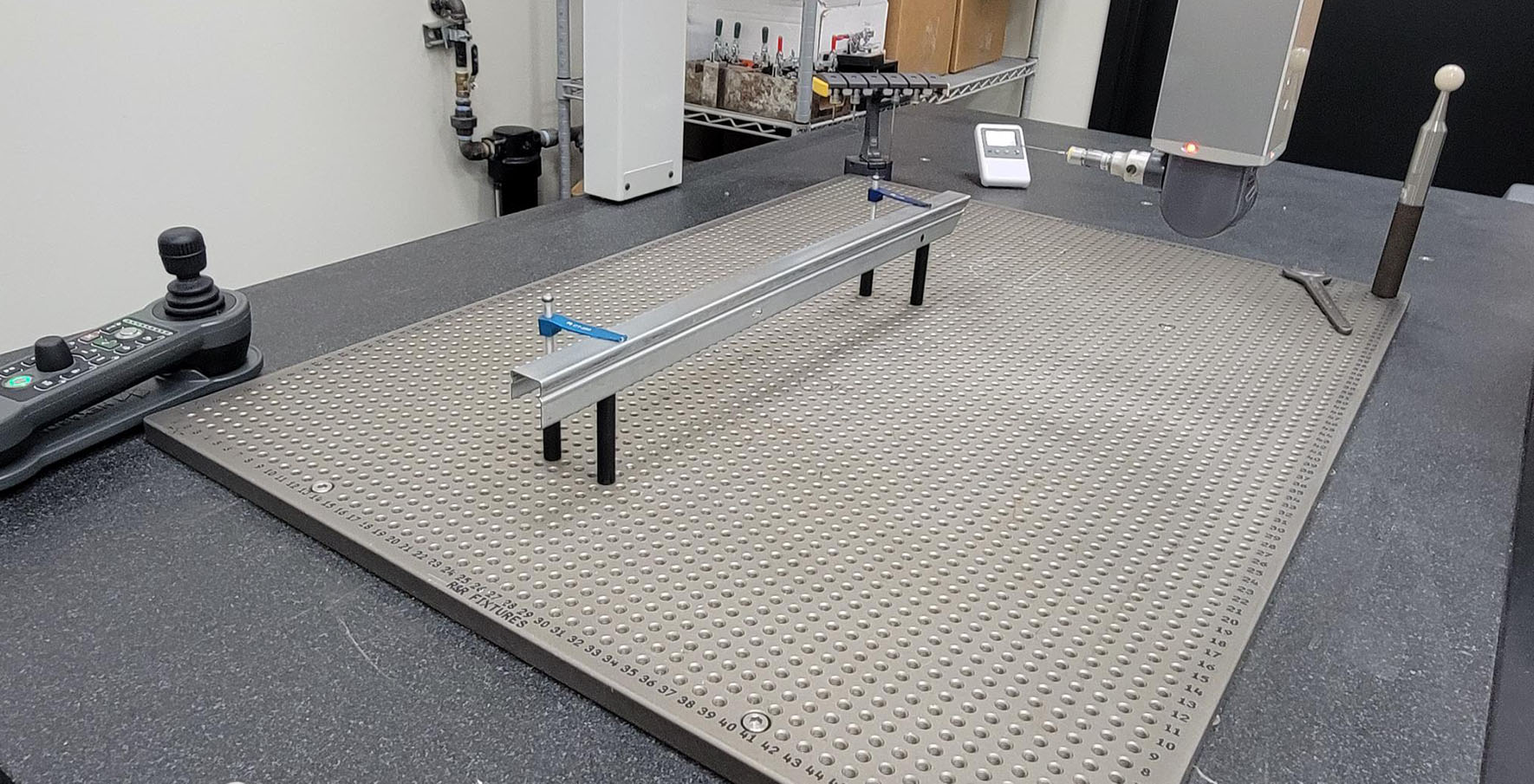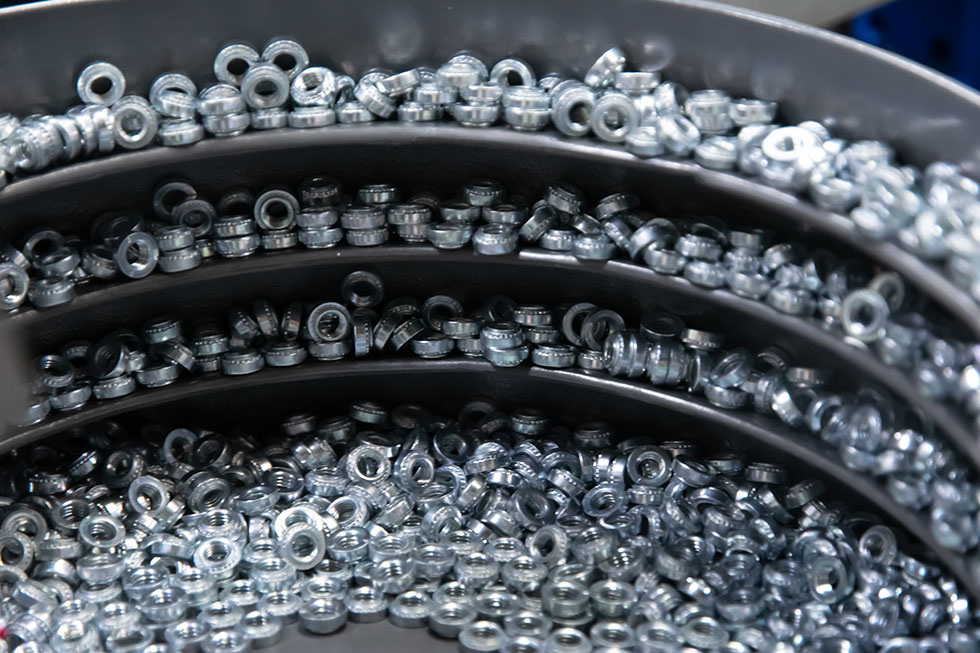Quality Makes Us Global
The Quality Commitment at Global Forming

Consistency in Quality Across Client Customer Projects
The ISO 9001 requirements a company must meet for certification are centered around the following 7 quality management systems principles:
1. Customer focus
2. Leadership
3. Engagement of people
4. Process approach
5. Improvement
6. Evidence-based decision making
7. Relationship management
Additional focal points in ISO 9001 when it was updated in 2015 include a greater emphasis on risk-based thinking that requires companies to account for risk and proactive risk mitigation at every stage of the process as well as an emphasis on demonstrating continual improvement of quality management system (QMS) effectiveness tools such as audit findings, corrective and preventive action, and proactive data analysis.
At Global Forming we’re serious about doing right by all these principles in our daily work, and the results we get for our customer clients is the proof it works.
This set of standards is important for any company that wants to be part of the automotive industry supply chain, such as being on the International Automotive Task Force (IATF) bid list of supply chain manufacturers. A company must first seek and obtain ISO 9001 certification because IATF 16949 builds upon the ISO 9001 foundation.
The general aim of the standards is the improvement of system and process quality to achieve greater customer satisfaction. This includes identifying problems and risks in the production process and supply chain and eliminating their causes. It’s not about just discovering errors but proactively preventing them. It’s a continuous process examination leading to corrective and preventive measures. Some of the more recent focal points when the standards were updated in 2016 include the following:
Management accountability
Risk mitigation
Embedded software
Product safety
While much could be written about the specifics of the IATF standards, the point is knowing they are extensive and rigorous. The scope of Global Forming’s IATF 16949 certificate covers the manufacture of roll forming, stampings, and assemblies.
APQP (Advanced Product Quality Planning)
PPAP (Production Part Approval Process)
SPC (Statistical Process Control)
FMEA (Failure Modes and Effects Analysis)
VDA (Verband der Automobilindustrie)
Additional focal points in ISO 9001 when it was updated in 2015 include a greater emphasis on risk-based thinking that requires companies to account for risk and proactive risk mitigation at every stage of the process as well as an emphasis on demonstrating continual improvement of quality management system (QMS) effectiveness tools such as audit findings, corrective and preventive action, and proactive data analysis.
At Global Forming we’re serious about doing right by all these principles in our daily work, and the results we get for our customer clients is the proof it works.
The PPAP process verifies Global Forming understands the customer’s engineering design specifications and requirements, and that our process is capable of consistently producing parts and components meeting those requirements during an actual production run at the quoted production rate.
Earning and maintaining these quality management system certifications and using all the right quality tools and techniques is no easy feat, but it’s an important proof of our deep commitment to quality results and customer client satisfaction. We look forward to sharing what we can do for you when it comes to metal parts and components shaped by roll forming, stamping, or stretch-bending, along with welding and assembly services as needed. Get in touch through the contact us page of our website, by phone at 317.290.1000, or by email to rfox@globalforming.us to start the conversation.
